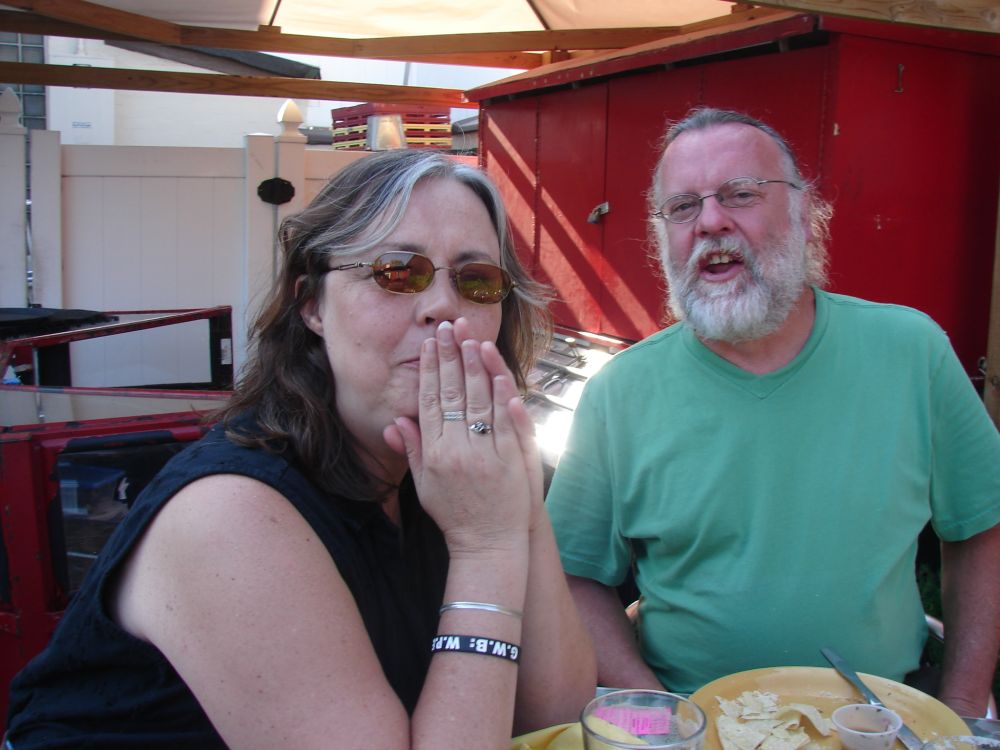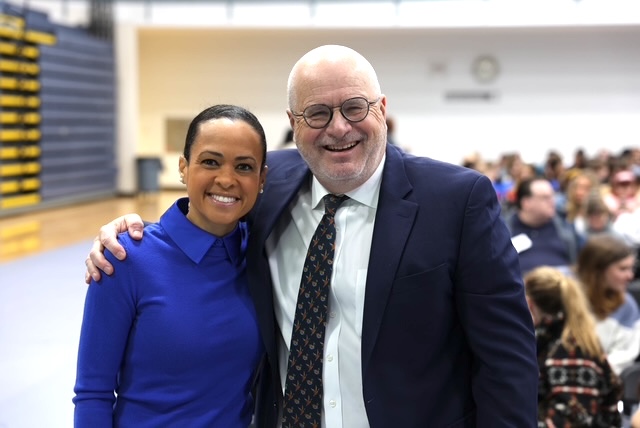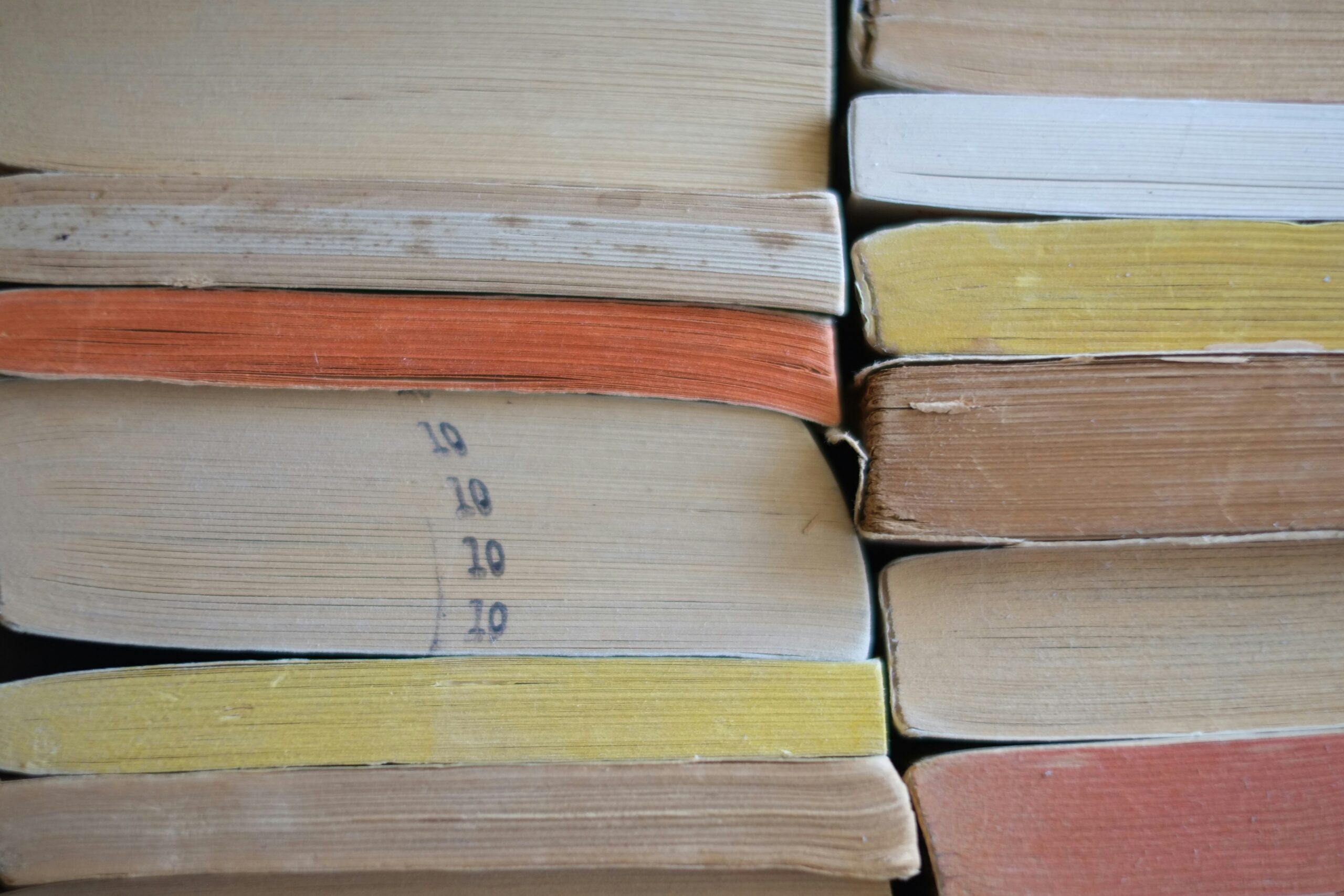Devout Unbelief, Part 1
November 18, 2014

Thirty-one years ago this month, I sat down one Saturday afternoon as a faithful Latter-day Saint to read the Book of Mormon. When I got up a few hours later, I was an unbeliever, and not just in Mormonism. That afternoon I became a born-again atheist. I am an atheist still. But that afternoon also marked the beginning of a new and unexpectedly rich spiritual life. This is the story of how I lost belief and found my soul.
“Who am I, and where do I come from?” Questions asked of all heroes on a quest. I’m a spiritual humanist on lifetime sabbatical from religion. I make my living, or try to (rex est sacra miser), as an artist, and teach humanities and Latin on the side. I grew up in a faithful, but liberal and open-minded Mormon home in Salt Lake City. At 19, after a couple of years studying classics at Princeton, I served a two-year mission for the Mormon Church in southern Germany and Austria. After my return from Germany and graduation with a degree in history, I headed off to graduate school at UC Berkeley, my goal, to be the next great Mormon apologist. A month later, my faith and I parted company forever.
Ours was not an acrimonious breakup. In fact, we aren’t officially divorced. I’m still on the books as a member, one of millions of “inactive” souls Mormonism claims to own.
Ours parting was amicable, but no less definitive for all that. And this is how it happened. Because of my expertise in ancient history, I had been asked to teach the adult Sunday school class in the Berkeley ward, or congregation. The general topic of study for that year was the Book of Mormon, Mormonism’s unique, foundational scripture. Having read it several times before as a missionary, I thought, “This time around I’ll do something different: I’ll read it cover to cover in a single sitting.” So, as I mentioned, I sat down one afternoon as a true believer, a temple-going, tithe-paying true believer expecting to be edified. Two hours later, I was an atheist.
I’ve thought, and laughed, many times about the irony that reading the Book of Mormon should have been the cause of my undoing as a Mormon. Mormons, after all, want EVERYONE to read the Book of Mormon. They regard it as the key to conversion. So do I. Reading it that afternoon shook my life to its foundations, and I’m still feeling the aftershocks. In fact, while I’ve read many great books in a life devoted to books, no book has influenced my life more than the Book of Mormon. It’s the most important, if far from the greatest, book I’ve ever read.
What happened to me in that conversion experience was life-changing in ways that only a convert can understand. And the result was liberation of a sort that only someone once imprisoned can understand. To be an ex-believer is a radically different experience than being a vanilla unbeliever from birth, much as being an ex-lover is different from never having loved at all.
My deconversion came in one of those fabled eureka moments of discovery. It was in fact much like Saul’s conversion on the road to Damascus, only in reverse. And, like Saul’s, the revelation came formulated in words: “This is not an ancient book.” Readers who’ve never been religious, or who subscribe to other, long established faiths, may say, “Well, of course!” But this is where my eureka moment gets interesting, because on my way to Damascus I realized that every other book of scripture, and every other religion, that makes historical claims has similar problems. So, in that Aha, I lost not only my belief in Mormonism but belief altogether.
This aha moment did not come as a result of any troubling questions that I consciously brought to my reading. Nor did it come with any explanations or justifications. In other words, nothing specific that I can identify prompted my loss of faith. That’s what made it so surprising.
It may seem like a big jump to go from disbelieving Joseph Smith, who, after all, started his career as a money digger, scryer, and inveterate burned-over district seeker, to disbelieving the Bible, which is a credentialed ancient book and a gospel truth to billions. But the differences, as far as believability goes, are only superficial. Joseph Smith’s mistake, in the words of his also once LDS biographer, Fawn Brodie, was to claim revelation in the age of newsprint. The Mormon Church struggles with its own version of this problem as it tries to defend Joseph Smith in the age of the Internet. If the writers, historians, and prophets of the Bible had had to deal with the scrutiny Joseph Smith has faced down the years, Judaism, Christianity, and Islam would never have arisen. The Bible would be what the religion of Asherah is today, an interesting historical footnote. In my aha moment, I finally internalized what I already knew intellectually as a student of historical and textual criticism, that everything one could say to debunk Joseph Smith and his revelations could also be said of hallowed figures like Moses, Jesus, and Muhammad.
The keystone that had kept this fable in place for me was my own personal BELIEF, which, until that day in Berkeley, had never wobbled in the face of criticism from outside. This is one of the qualities of belief that those who have never believed cannot understand: it’s impervious to outside attack. In fact, it grows stronger under attack. But it’s vulnerable from within, where, though I felt it as coming like a bolt from the blue, my own revelation must ultimately have come. While I was unaware of any struggle, somewhere in my unconscious the alchemy of doubt must have been at work on my soul. And when the dissolving process was completed, and the new me was ready to be born, he burst out fully grown.
I’ll be forever grateful that I lost my belief this way. It was so without warning and so completely overwhelming, that there was no possibility of struggle and no necessity of a long, embittering decrepitude of commitment. And it came early enough that I never felt as though my life had been wasted in foolishness. Quite the contrary: I look back on my life in Mormonism mostly with fondness and gratitude. I grew up in a loving home among people trying to live lives of kindness and decency under the gaze–not the banner–of heaven. My rite of passage into adulthood as a missionary in Germany was even more valuable, for it gave me an intimate experience of a people and of people in general that I wish every young man of 19 could have. And it gave me a command of German that continues to reward me every time I sit down with Rilke, Novalis, or Goethe. There are legacies I’m less grateful for, and I’ll talk about those in future posts, but for the most part I can say with the haiku poet Goshi (Yoel Hoffmann, Japanese Death Poems, Boston: Tuttle, 1986, p. 177):
returning thanks
for life I turn back and bow
eastward





